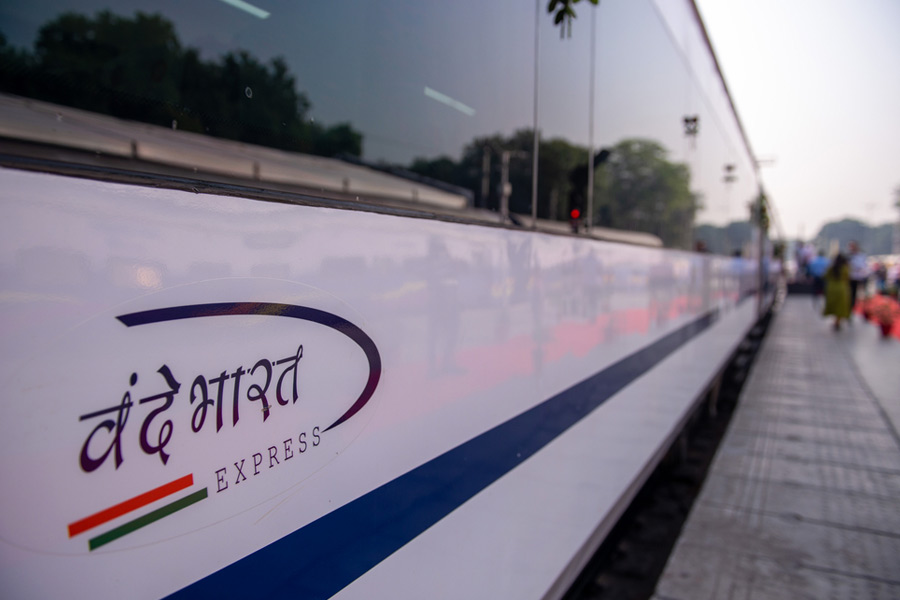The Indian Railway is introducing the '14 minutes of miracle’ concept for speedy cleaning of trains from October 1, starting with 29 Vande Bharat trains at their respective destination stations across the country.
It will be formally launched by the Railway Ministry Ashwini Vaishnaw at the Delhi Cantt. Railway Station.
Vaishnaw told reporters that the Vande Bharat trains will be cleaned within 14 minutes under the initiative to improve their punctuality and turnaround time.
“It is a unique concept and happening for the first time in the Indian railways,” the minister said.
The initiative is based on the concept of '7 minutes of miracle' at various stations such as Osaka, Tokyo, etc. in Japan where bullet trains are cleaned and made ready for another journey within seven minutes.
The service has been made possible by enhancing the cleaning persons’ efficiency, skills and working attitude without increasing the number of front-line workforce already engaged in this activity, the minister said.
Besides Delhi Cantt, some of the other railway stations where it will be started are Varanasi, Gandhinagar, Mysore and Nagpur, depending on the respective arrival timings of the Vande Bharat trains.
Before launching this concept, the Railways carried out a couple of dry-runs where the attendants cleaned the train first in around 28 minutes and then improved it to 18 minutes. “Now it will take only 14 minutes without involving any new technology,” the minister said.
“Starting from Vande Bharat, we will apply the same concept in other trains slowly and gradually which will have a huge impact on improving their punctuality,” the minister said.
The Indian Railway launched a fortnight-long cleanliness drive - Swachhata-Hi-Seva campaign - in September in which the chairman and CEO of the Railway Board administered the Swachhata pledge to railway officials via video conferencing from the Rail Bhawan in New Delhi.
According to the railways, during the first 15 days of the SHS campaign, more than 2.19 lakh people participated in around 2050 activities involving 685,883 man-hours.
Except for the headline, this story has not been edited by The Telegraph Online staff and has been published from a syndicated feed.










